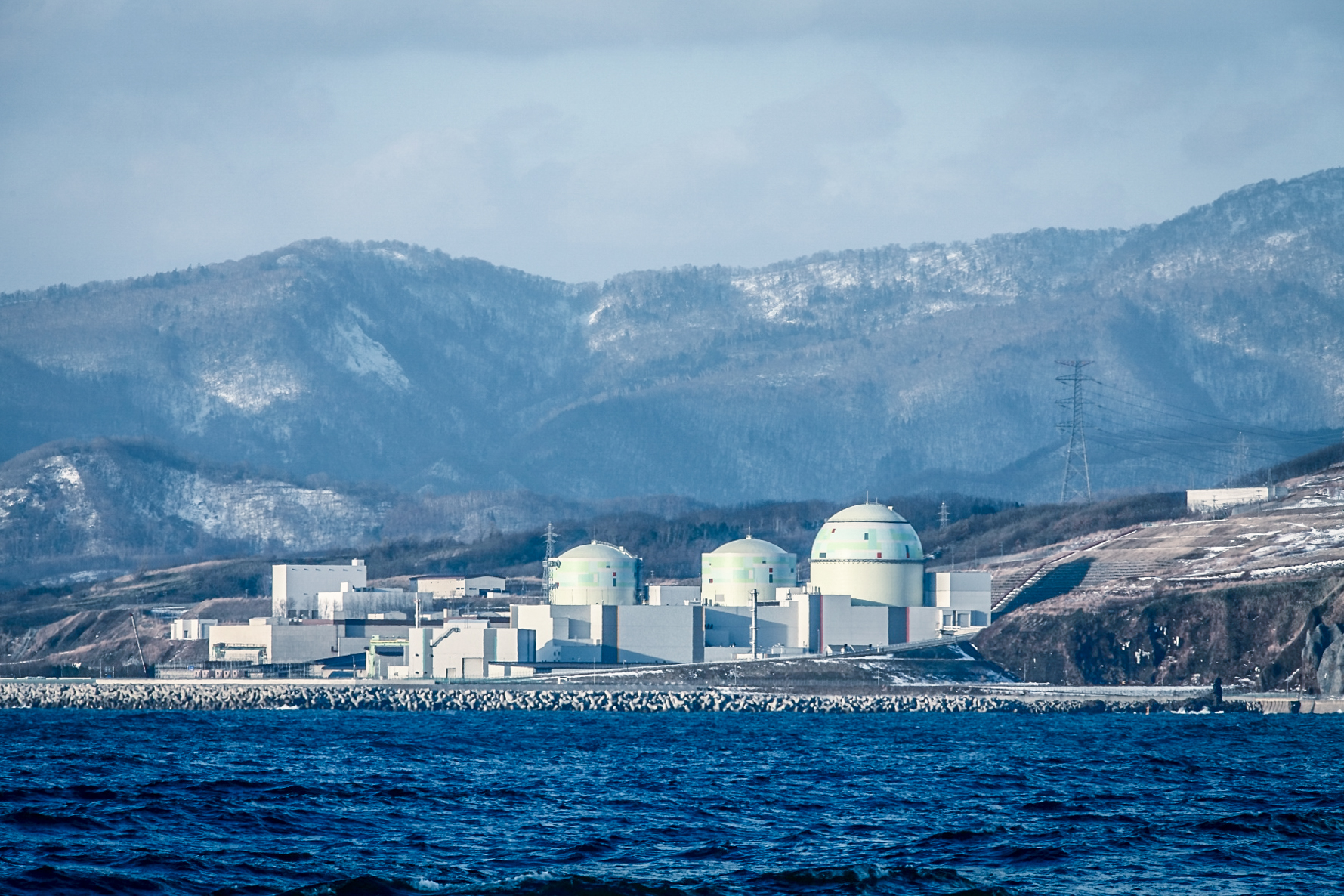Reiterating the significance of choosing Hiroshima as the site—“symbolizing our commitment to peace”—he stressed that all participants shared the determination to work through discussions among G7 leaders toward “a world without nuclear weapons.”
Late the same afternoon, the prime minister met with Ukrainian President Volodymyr ZELENSKYY. Kishida promised him added support for Ukraine in what remains a highly unpredictable situation since the Russian invasion started last year.
On May 20, the summit issued the G7 Hiroshima Leaders’ Communiqué. In the area of energy, it states, “Those G7 countries that opt to use nuclear energy recognize its potential to provide affordable low-carbon energy that can reduce dependence on fossil fuels, to address the climate crisis and to ensure global energy security as a source of baseload energy and grid flexibility.”
Topics that had been included in the communiqué issued by the G7 Climate, Energy and Environment Ministers in Sapporo (April 15 and 16) were also confirmed, as follows:
- Maximizing the use of existing reactors.
- Developing and constructing advanced nuclear reactors.
- Building robust and resilient nuclear supply chains.
- Maintaining and strengthening nuclear technology and human resources.
The Leaders’ Communiqué affirmed that “the highest standards of nuclear safety and security are important to all countries and their respective publics.”
The Communiqué also said that it “welcomes the steady progress of decommissioning work at Fukushima Daiichi, and Japan’s transparent efforts with the International Atomic Energy Agency (IAEA) based on scientific evidence.”
Regarding the offshore release of the ALPS-treated water, the leaders said in the Communiqué that they “support the IAEA’s independent review to ensure that the discharge of the Advanced Liquid Processing System (ALPS) treated water will be conducted consistent with IAEA safety standards and international law and that it will not cause any harm to humans and the environment.”
On May 20, Prime Minister Kishida met Prime Minister Mark BROWN of the Cook Islands. Having also visited Japan in February as the head of the delegation of the Pacific Islands Forum (PIF), Prime Minister Brown demonstrated his understanding of Japan’s efforts involving the offshore release of the ALPS-treated water, including the political aspects and dialogues among specialists.
On May 22, following the closing of the summit, Chairman TOKURA Masakazu of the Japan Business Federation (Keidanren) released comments on discussions at the summit concerning the environment and energy. In those, he praised the fact that the leaders had agreed at the summit to cooperate with developing countries and others, to seek diverse courses of action regarding climate crisis measures, and to pursue the greater use of renewable energies, nuclear energy, hydrogen, and such derivatives as ammonia, while ensuring energy security and sustainable economic growth.
President ARAI Shiro of the Japan Atomic Industrial Forum (JAIF) also released a message on the same day, in which he said, “Against the backdrop of the importance of nuclear energy, which was confirmed by the G7, JAIF, in cooperation with other nuclear industries around the world, will continue its efforts toward the maximum use of nuclear energy in response to the climate crisis and to ensure energy security.”


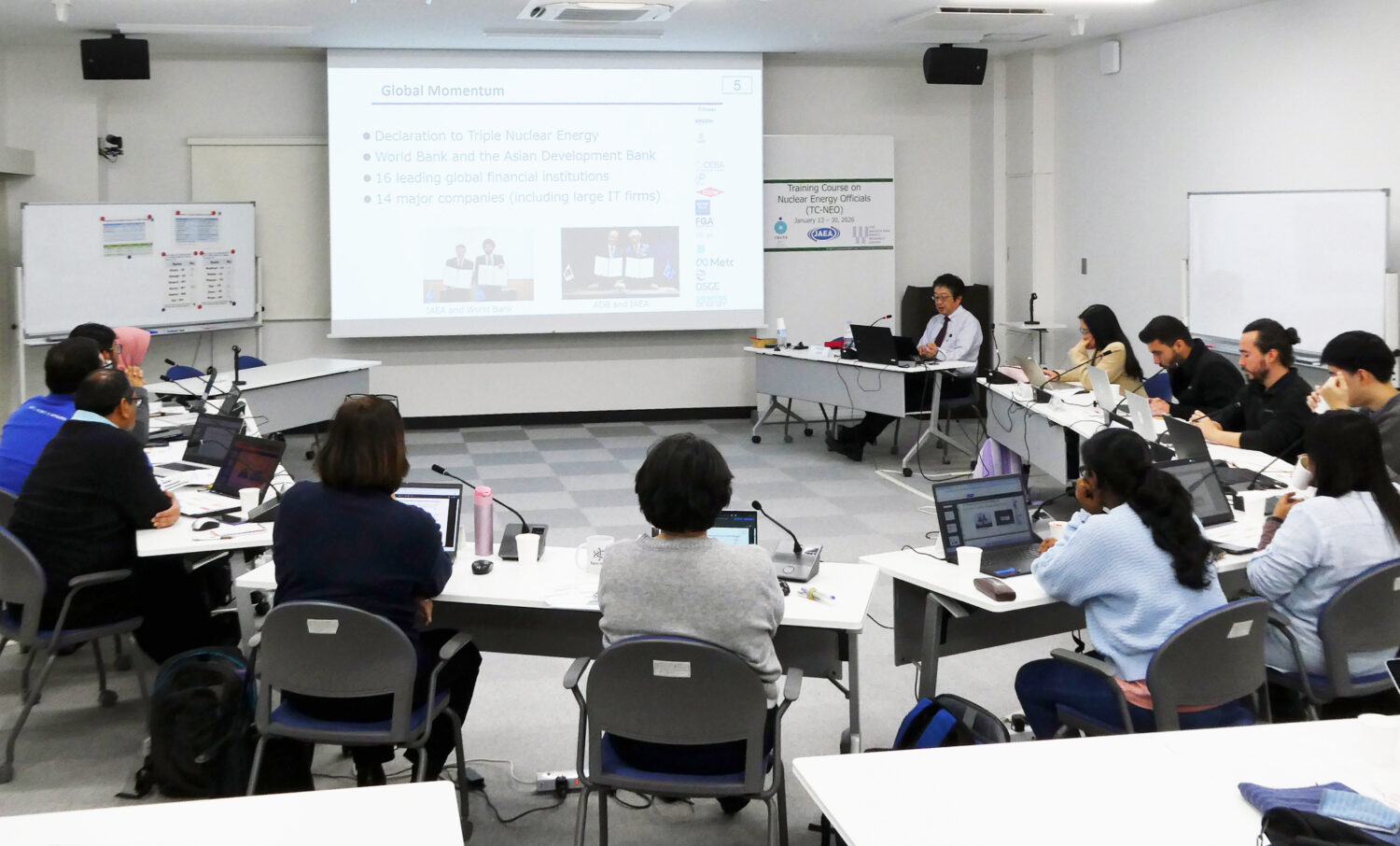
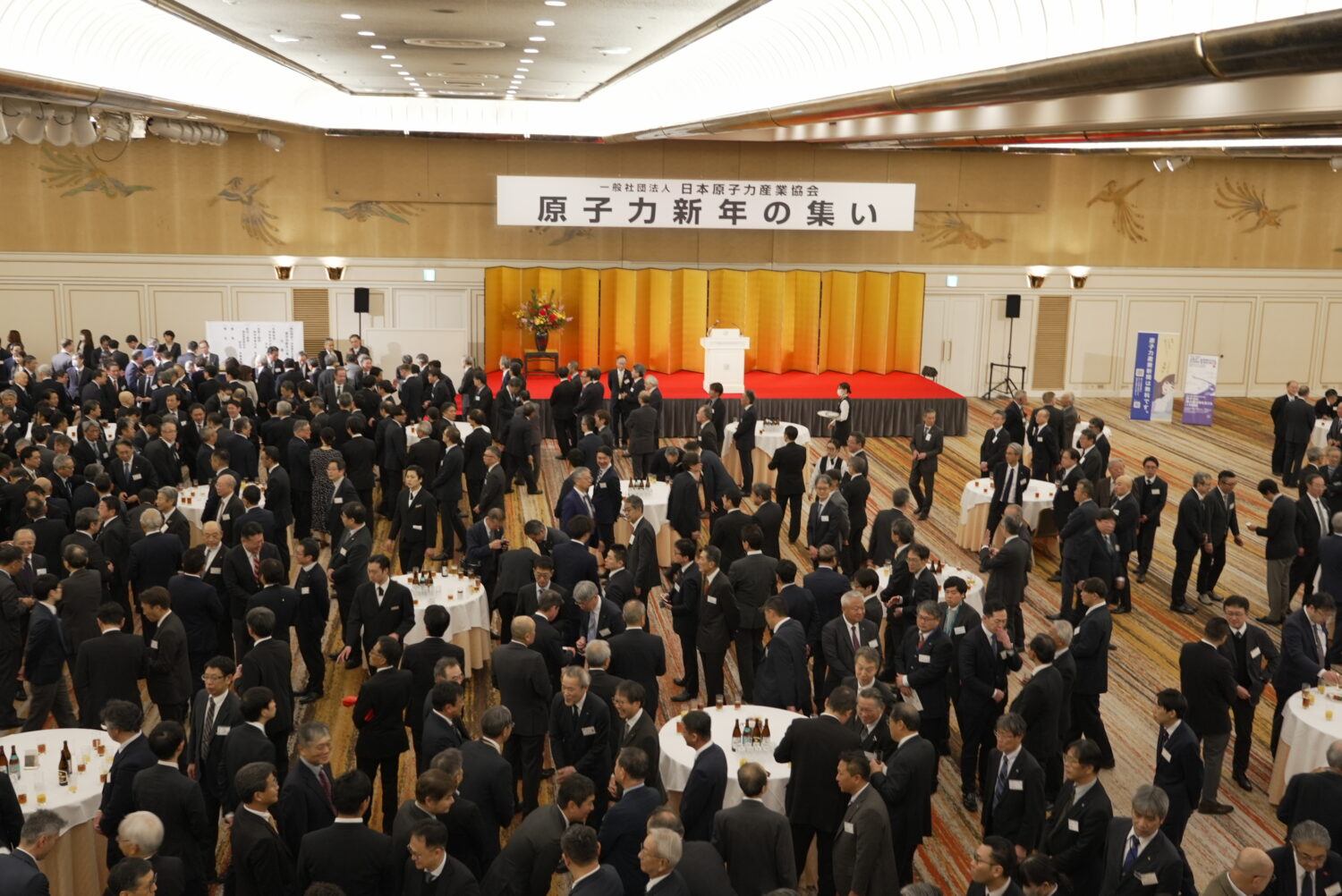
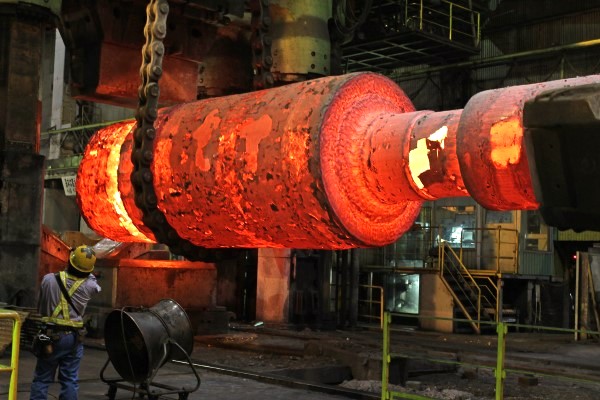






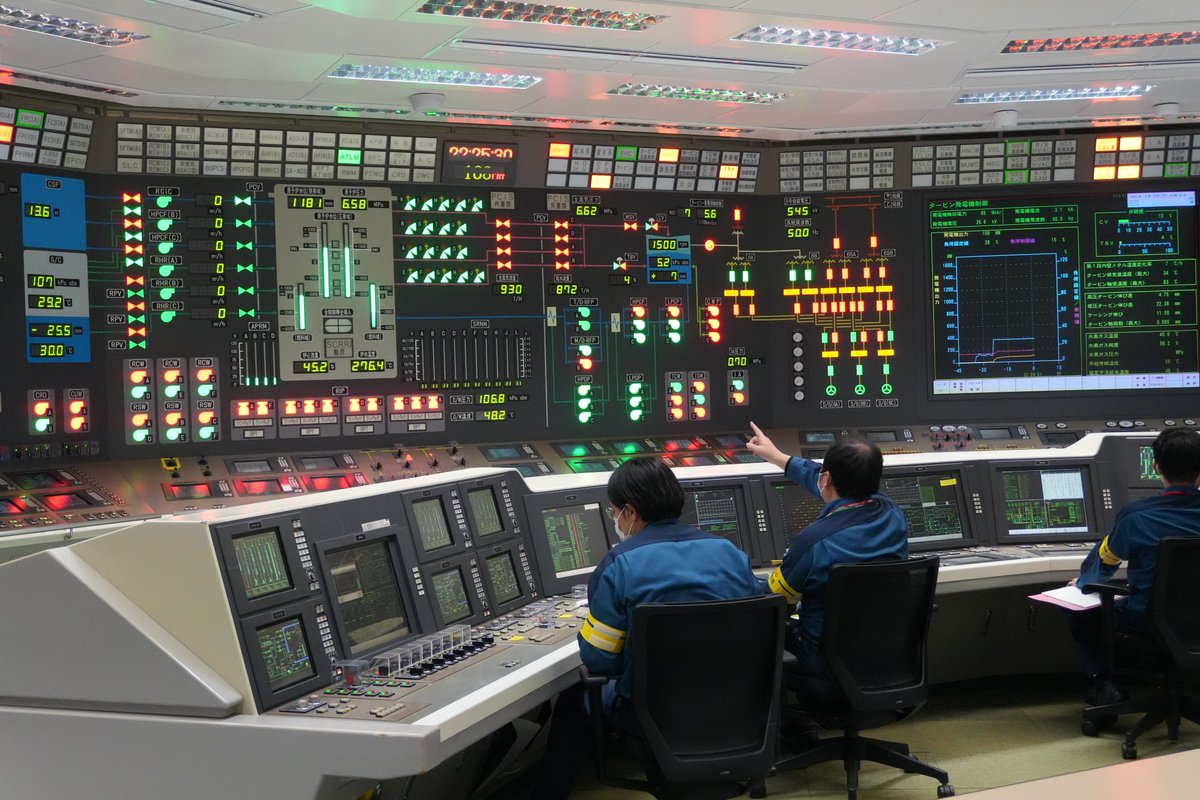
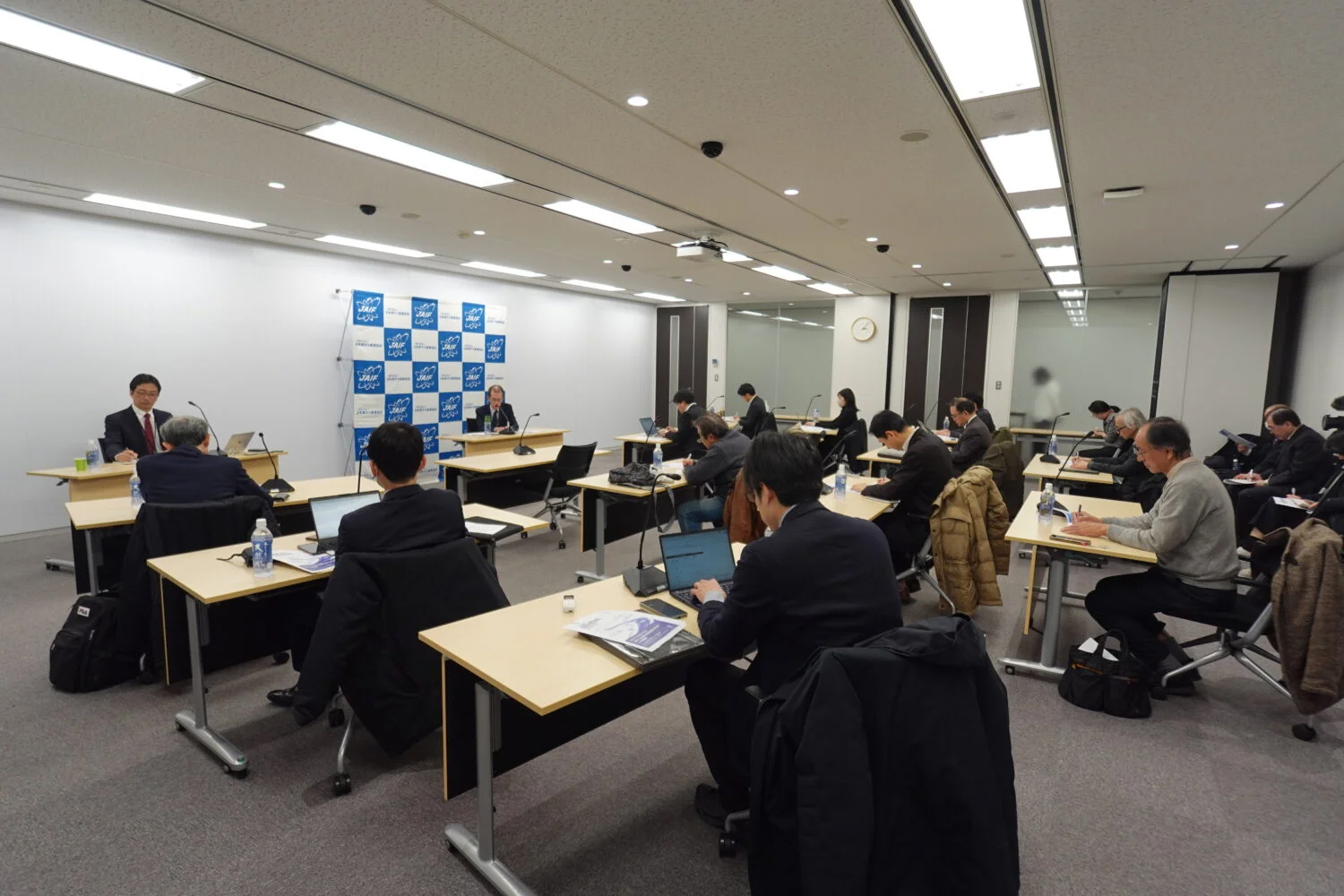
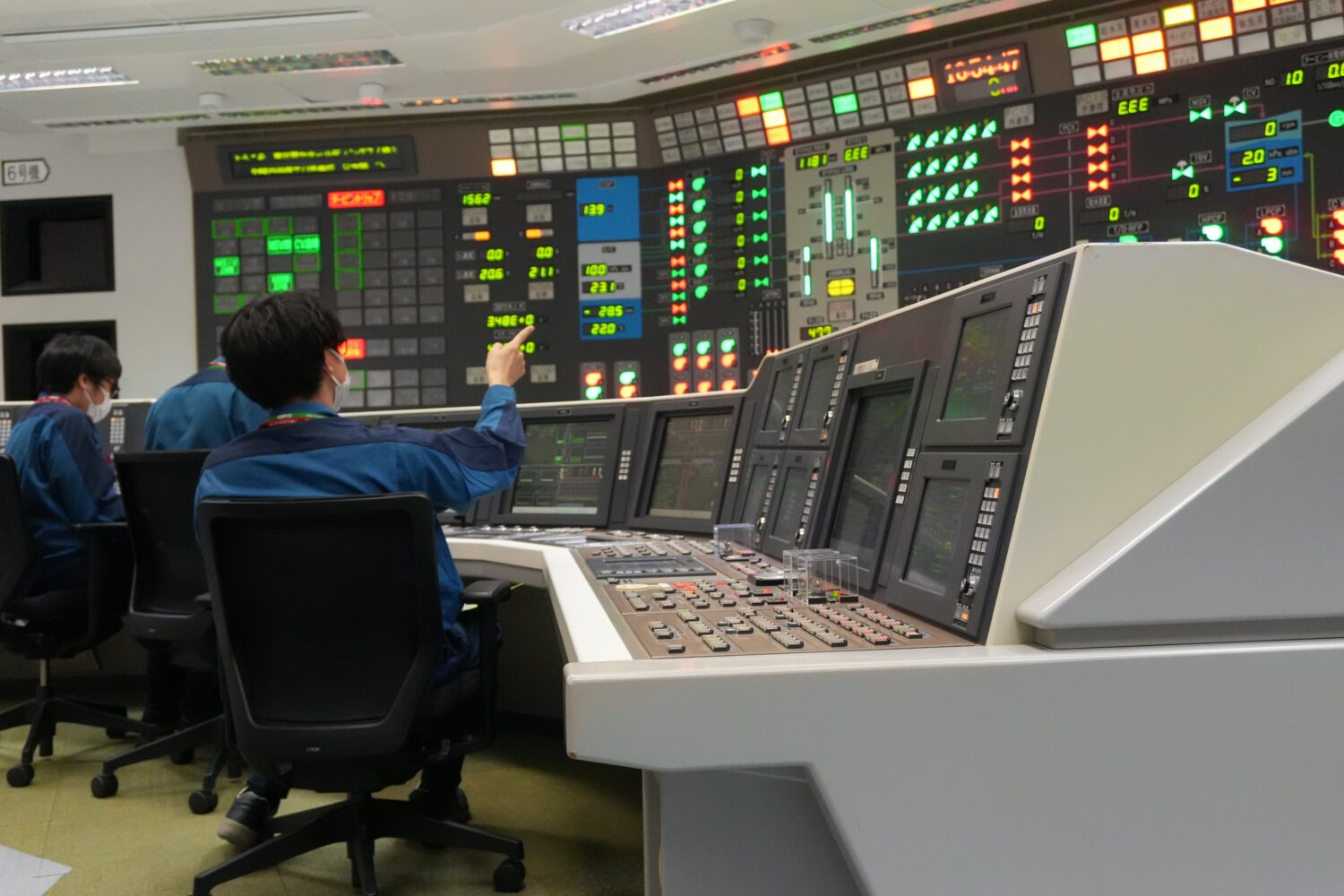
-013.jpg)
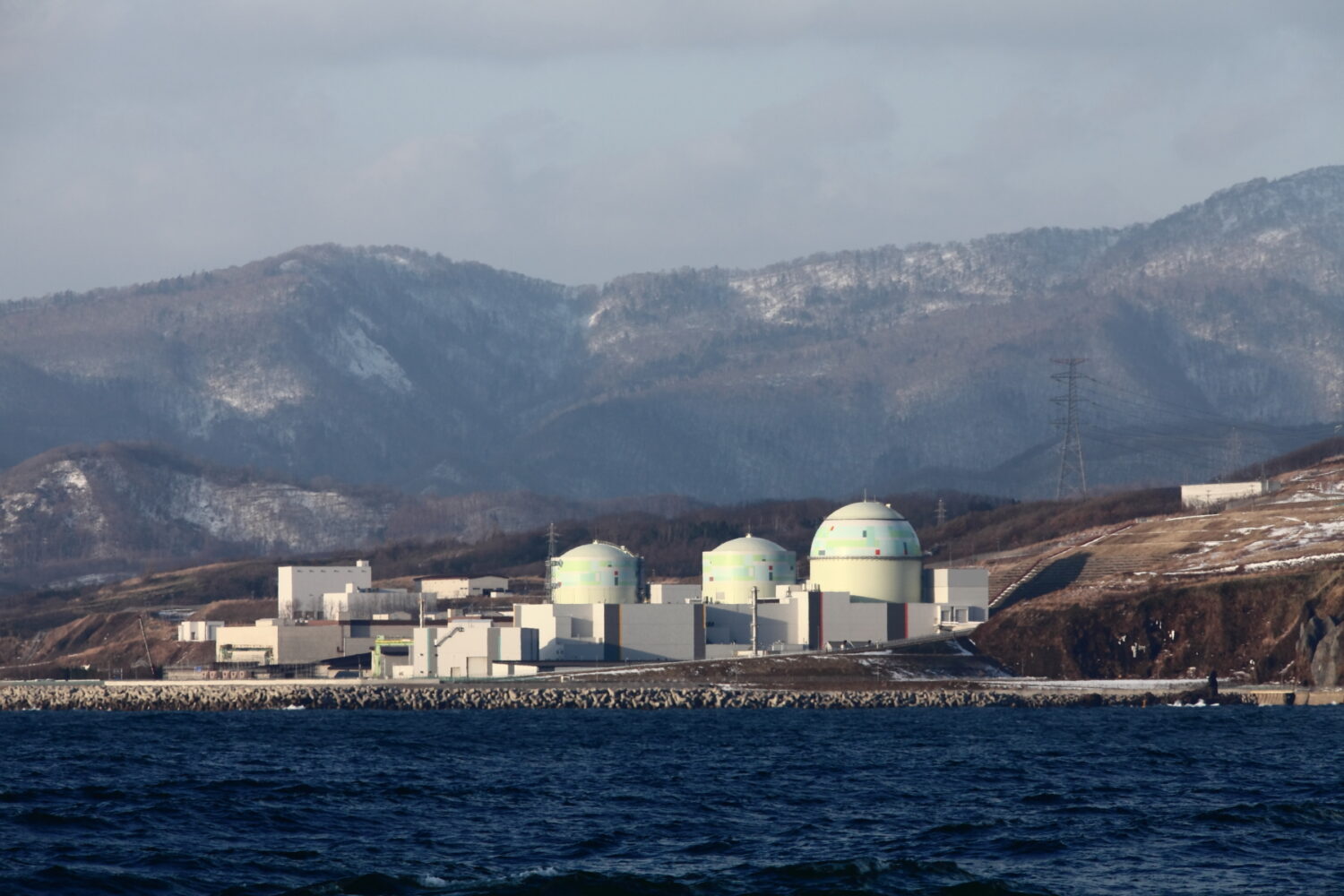
-049.jpg)
.jpg)

